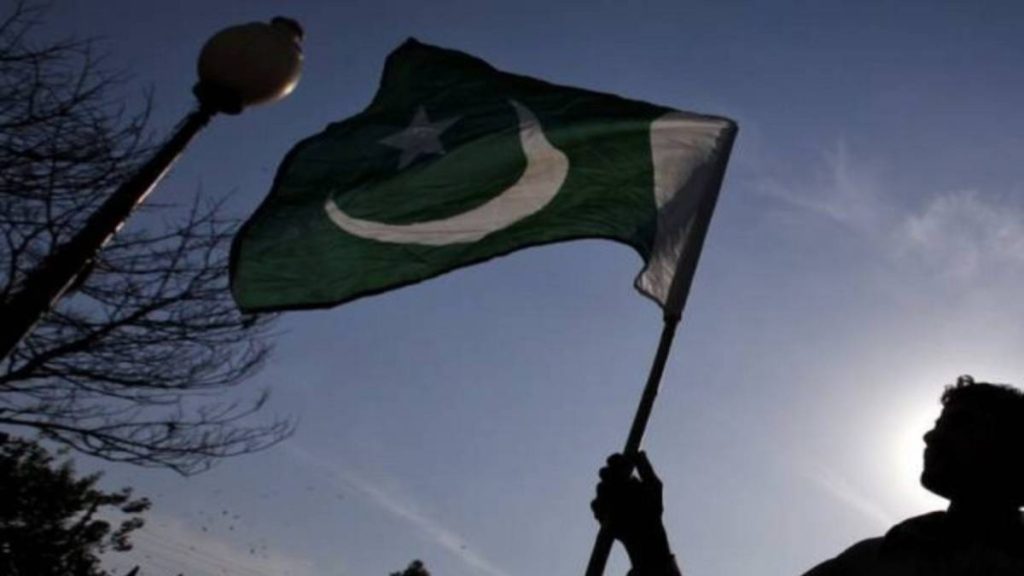In a development that has sparked strong reactions from Indian authorities, senior officials of the Pakistan Army and police were seen offering prayers at the funeral of Lashkar-e-Taiba (LeT) commander Abdul Rauf—an internationally designated terrorist—who was killed during India’s recent counter-terror strike, Operation Sindoor.
According to a statement by India’s Ministry of Defence, the funeral took place in Muridke, Pakistan, and was attended by several high-ranking Pakistani officials, including Lt Gen Fayyaz Hussain, Major General Rao Imran, Brigadier Mohammad Furqan, Inspector General of Punjab Police Usman Anwar, Punjab legislator Malik Sohaib Ahmed, and others. Abdul Rauf was listed as a Specially Designated Global Terrorist by the U.S. Treasury.
Operation Sindoor, carried out in response to the Pahalgam terror attack, targeted nine terrorist camps across Pakistan and Pakistan-occupied Jammu and Kashmir (PoJK). These included locations such as Muridke and Bahawalpur in Pakistan, and Syedna Bilal, Gulpur, and Barnala in PoJK. The operation neutralized several top terrorists and exposed the depth of cross-border terror infrastructure.
Among those eliminated was Khalid Abu Akasha, a Lashkar operative involved in smuggling arms from Afghanistan and operating in J&K before relocating to Muridke. Another key figure, Mudassir Khadian Khas, who was in charge of the Muridke terror camp and linked closely to top LeT leadership—including Hafiz Mohammad Saeed and his associates—was also neutralized.
Mohammad Hassan Khan, son of Jaish-e-Mohammed (JeM) operational commander Mufti Asghar Khan Kashmiri and linked to the 2019 Pulwama terror attack, was another high-value target killed. Khan had coordinated operations with several JeM operatives and attended Shura meetings in Islamabad.
Hafiz Muhammad Jameel, the brother-in-law and close advisor of JeM chief Masood Azhar, was also among those targeted. Jameel was reportedly responsible for overseeing terrorist operations from the JeM headquarters in Bahawalpur and was a key member of its top decision-making body.
The Ministry of Defence emphasized that the operation showcased India’s advanced air defense and intelligence capabilities. It also revealed that Pakistani forces, in their retaliatory actions, damaged a gurdwara and madrasa in Poonch, an act condemned by Indian authorities.
India has firmly rejected any third-party mediation in its engagement with Pakistan and reaffirmed its stance that military communication must occur through established channels like the Directors General of Military Operations (DGMOs).
Foreign Secretary Vikram Misri described India’s response to the Pahalgam terror attack as “controlled, precise, measured, considered, and non-escalatory.” He emphasized that the Indian strikes were focused solely on dismantling terror infrastructure, marking what officials call a “new normal” in India’s counter-terrorism doctrine.
